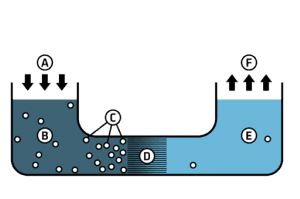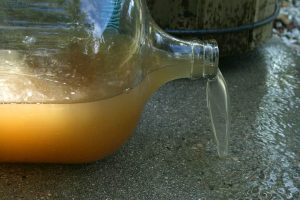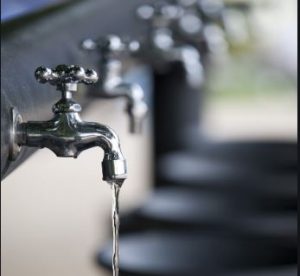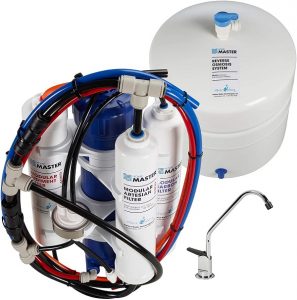The tap water no longer safe as compared to a decade ago. Most people are aware of the seriousness of these problems and taking preventive measures to keep their families safe. One of the ways is to get a reverse osmosis water filter system.
Why Reverse Osmosis?

This method is proven and has been used for more than a decade. Many of the systems are fully certified by NSF and WQA on their effectiveness and quality of removing contamination.
Reverse osmosis is a common and effective method in removing 99% of contamination dissolved in the water. It uses pressure to force contaminated water to pass through the fine membrane leaving only pure water after filtration.
Which Is Suitable For My Home?
There are so many reverse osmosis water filter systems for home in the market right now. While
most of the system works well in most cases, there are some system might be good in city water but bad in well water source. Here are the 5 factors that you should consider before buying a water filter system.
1. Source Water

The source water pretty much dictates the types of reverse osmosis systems that you need. There are two types of source water in the US, city water and well water source.
If you living in urban areas, in most cases the water source comes from a nearby water treatment plant. City water has been treated before channel to homes. Hence, it often contains less contamination.
For other sub-urban areas where private wells are the main water source, the contamination normally is quite high where it consists of living microorganisms, viruses, and bacteria.
To get rid of these contaminants, a system with UV light sterilizer is highly recommended to eliminate the microorganism in the source water.

2. Water Pressure
Water pressure is a crucial factor for a reverse osmosis system to work correctly. Sufficient pressure is needed to push the source water through the membrane to filter off the contamination and produce clean water.
Most of the urban housing is able to meet the minimum water pressure requirement of all reverse osmosis systems. However, if the source water pressure is less than 40PSI, you will need to look for models that come with a booster pump.
3. Filtration Quality
The rejection ratio of the reverse osmosis water filter system differs from companies due to the technology differences. Apart from the reverse osmosis membrane filter, there are pre-filters and post-filters that will determine the effectiveness of the entire system.
Most company claims that their system is able to remove up to 99% contamination from the system. One method to gauge the effectiveness is using a total dissolved solids (TDS) meter to measure the filtered water against the source water.
TDS measure is a good method, but shouldn’t be the sole method to gauge the effectiveness. A reverse osmosis system with alkaline remineralization is often having higher TDS as compared to those that don’t have the feature.
Another method is to check their certification in WQA and NSF if they are certified by these non-profit organizations. You can find the details of the certification and test that was done on the system.
Last but not least, check on your community’s Consumer Confidence Reports on the water quality in your area. You should be able to know what are the contamination is in the source water. Using the information, you can choose the suitable reverse osmosis water filter system for your home.
4. Flow Rate
The flow rate depends on many factors such as water pressure and water temperature. Most of the reverse osmosis system is able to produce 50 gallons per day (GPD) at an optimum condition. In most cases, the amount is about 10-20% lesser as stated.
Hence, if you have a huge family of 8, you shouldn’t go for a system that only produces 50 GPD.
5. Budget

Before buying any water filter system, you should consider two types of cost, the initial cost and maintenance cost. Initial cost is pretty straight forward as it is the initial purchase price of the filter while maintenance costs are cost for filter and faulty parts replacement.
In most cases, the maintenance cost will be higher if the replacement of the filter is frequent.
Our Recommendation
One of the best brands for a reverse osmosis water filter systems for home is Home Master. Their system is not using the old school canister system which is totally different from other reverse osmosis systems in the market.

Apart from that, their patented Full Contact Technology remineralized the water twice in the system provide an alkaline state in the final filtered water.
The Home Master TMAFC is the best seller product and received excellent reviews from its existing customers. Although the price is slightly expensive, it is definitely worth investing in such a quality product for you and your family’s health.
Check out the latest price on the Home Master TMAFC.
